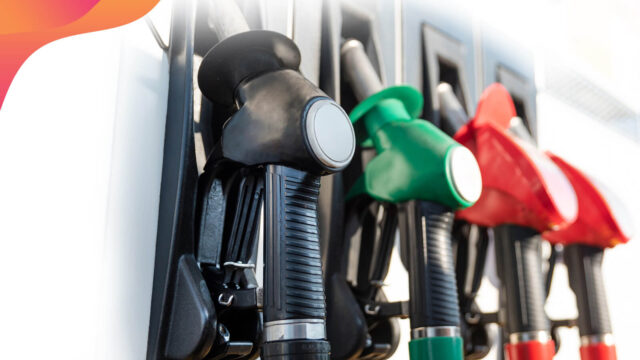Government raids pockets of fuel consumers, again, through hiked road levy
Many Kenyans are worried that an increase in the levy will result in a rise in the cost of living.

The Energy and Petroleum Regulatory Authority (EPRA) on July 14 effected an increase in the Road Maintenance Levy (RML) to KSh25 from KSh18 a litre of petrol and diesel for the pricing cycle for July 15 to August 14, despite reassurance of not doing so.
The increase in the levy went unnoticed as EPRA reduced the overall price of fuel by KSh1 per litre. The levy is one of nine taxes and levies that the government charges on fuel and has been increased to fund the operations of the energy regulator.
This sudden move by the government raised eyebrows over the government’s ability to restore confidence at a time when the country has been facing weekly anti-government protests. Many Kenyans are also worried that an increase in the levy will result in a rise in the cost of living.
On July 8, former Transport Cabinet Secretary (CS) Kipchumba Murkomen assured Kenyans that the overwhelming concerns they had during the public participation stage would be considered, only to gazette the levy two days later on July 10, 2024.
“From the views we have received, many Kenyans are worried that an increase in the levy will result in a rise in the cost of living. With this in mind, we will analyse the reports received on email and social media platforms as well as the submissions made today and come up with a decision that corresponds with the recommendations from the public,” the former CS said in a statement.
He added, “We will explore ways of getting the resources needed to maintain roads, as expressed by Kenyans in their numbers, without raising the cost of living through an increase in petroleum prices.”
Despite the increment, fuel prices at the pump dropped by KSh1 for petrol, KSh1.50 for diesel, and KSh1.30 for kerosene.
The latest EPRA review shows that the landed cost of super petrol price when it docked at the Mombasa port was KSh92.7. This is KSh7.33 less than the previous landed cost in June. This implies that the price drop should have trickled down to the consumer, therefore the cost of petrol should have been KSh7 less. However, the increase in the road maintenance levy by KSh7 prevented this benefit from passing to the consumer.
The Motorists Association of Kenya (MAK) has opposed the move, deeming it illegal because it did not undergo public participation or parliamentary legislation. It has also questioned why the government would increase the levy despite Kenyans’ opposition.
The country’s road network has increased considerably from 166,451 km in 2016 to the current 239,122 km, which requires regular maintenance from the KSh18 provided for by the Road Maintenance Levy, which has been in place for the last eight years.
The government says the country is grappling with a maintenance deficit of KSh78 billion this financial year alone. “With the current trend, it is projected that by the financial year 2028/2029, this financing gap will rise to KSh315 billion.”
Most of the abandoned roads under the Low Volume Seal program have never been maintained in the last 10 years and are on the verge of being wiped away altogether. The Road Maintenance Levy review, is, therefore, intended to fill this gap.
